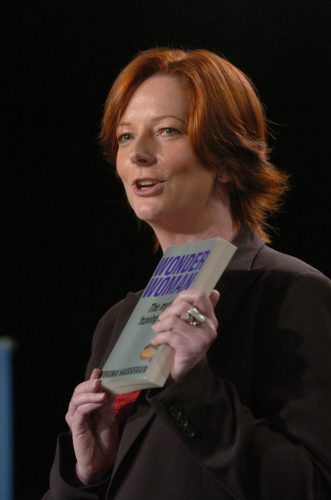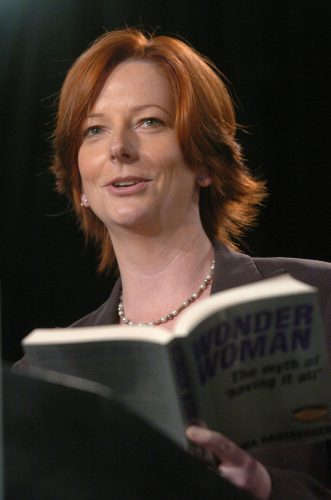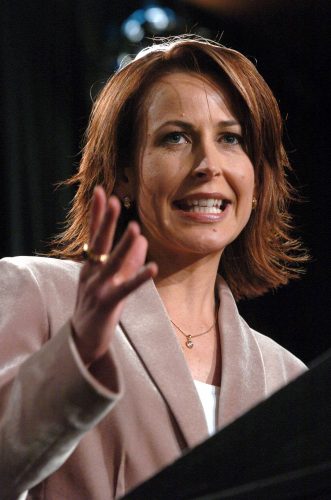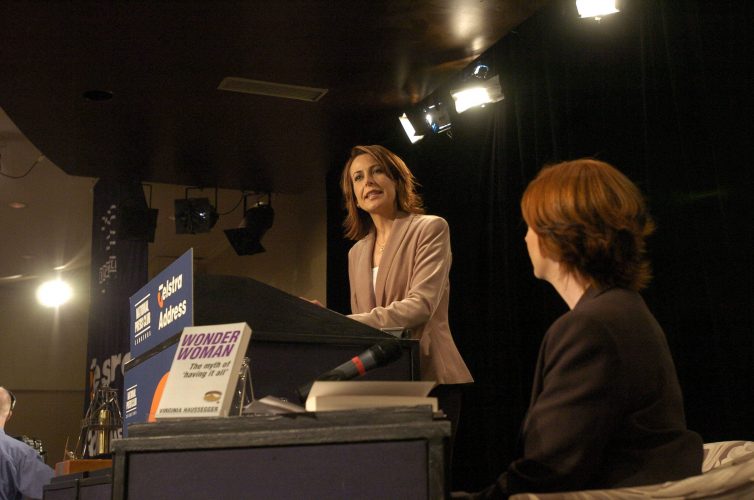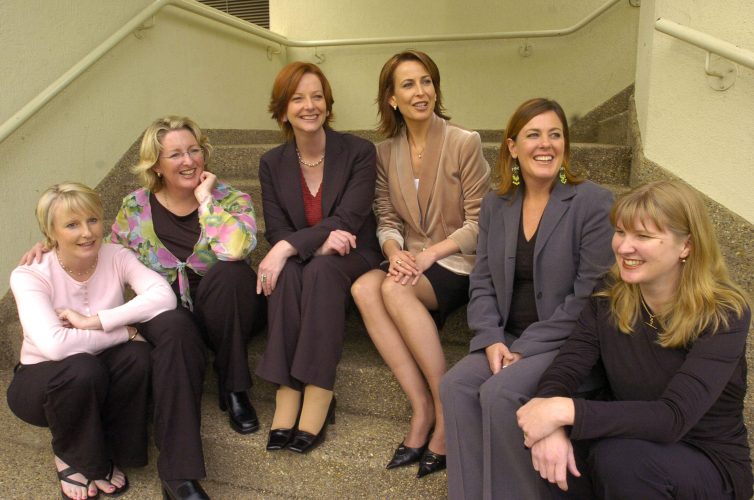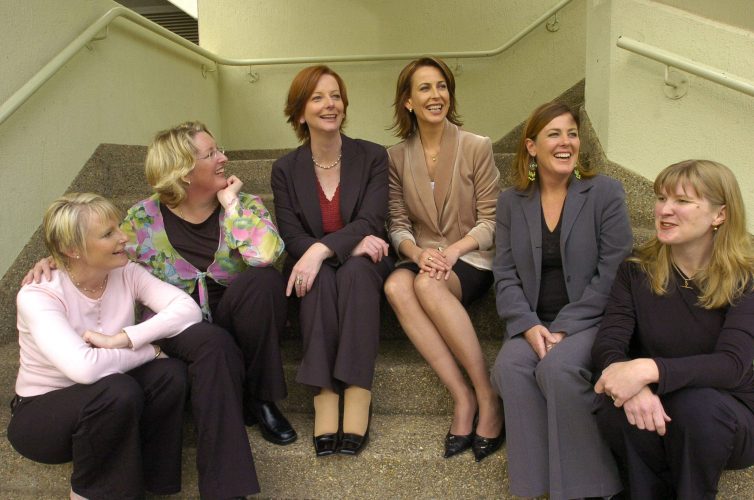Picture this: the place is Cairo, and two Egyptian women are eyeballing each other on the subway. One is dressed from head to toe in a burka, and the other is wearing a hijab. The black-clad woman asks the other why she is not wearing a burka. The young woman points to her headscarf and says, “Is this not enough?” The woman in the burka responds, “If you wanted a piece of candy, would you choose an unwrapped piece or one that came in a wrapper?” “I am not candy”, the younger woman replies. “Women are not candy.”
And with that, Mona Eltahawy, a Muslim feminist who had worn the hijab for nine years, decided to ditch it altogether. Eltahawy detailed that exchange in a column for The International Herald Tribune in early July in which she added her voice to the call for a ban on the burka.
“I detest the full-body veil, known as the niqab or burka. It erases women from society and has nothing to do with Islam but everything to do with the hatred for women at the heart of the extremist ideology that preaches it.
It’s no coincidence that women’s voices, including mine, are rising up in protest against the burka and niqab at this time. Despite the garments sill being rare in Australia, the issue has surfaced because women – and men – have been watching with alarm as this extreme practice of subjugation has enjoyed a revival among pockets of fundamental Islamists. French President Nicolas Sarkozy’s call for a ban simply wrapped headlines around the issue.
Eltahawy laments a broad ambivalence among her fellow Muslims to speak out against the burka. “They will take on everything – the right wing, Islamophobia, Mr [Jack] Straw, Mr Sarkozy – rather than come out and plainly state that the burka is an affront to Muslim women.” She blames the “ultra-conservative Salafi ideology”, as practised in Saudi Arabia, for claiming the high moral ground of piety and purity, and thereby silencing other Muslims.
In Australia I blame a bad case of cultural relativism for our extreme nervousness over tackling the issue. And perhaps a touch of political correctness gone mad. The public outcry over the burka during these past few weeks is evidence that we need to discuss it. We want to understand what it means to see a woman in this apparently submissive state, fully shrouded and hidden from view, as she trails behind her husband. The problem is, we don’t know how to talk about it.
The charge of racism or Islamophobia has shot through cyberspace, on comments to my blog, in letters and emails, with little or no reference to the role of the burka and an examination of what it does to women. Not surprisingly, many Australians place freedom of choice above all other considerations. “It’s her choice, she can wear what she likes,” has been chanted like a mantra. And there’s something reassuring about our fierce defence of the right to “choose”. The problem, however, is our cultural aversion to intelligent scrutiny of that choice. Not all choices are good choices, and not all choices are made freely.
Australia’s most flamboyant Muslim, the surfie- chick convert, Rabiah Hutchinson, wears the full black niqab with a slit for her eyes. There’s no doubting it’s her own choice. Even her Islamic teacher suggested the ostentatious garb was unnecessary and provocative in Australia. But Hutchinson has made a series of provocative and questionable choices, including marrying into Osama bin Laden’s inner circle, and arranging to marry off her 10-year-old daughter to a 21-year-old man.
The burka and niqab is less about choice for women, and more about conformity to an unyielding system of segregation and subjugation. It highlights a culture of deep divisions and mistrust, in which women have no power outside their home, and men cannot be trusted to look at any women to whom they are not related. The mere sight or shape of a woman is viewed as a corrupting influence, as she is little more than an object of sex. Within such a system all political, judicial, and religious authority is owned by men. Public space is owned by men. Women have no free agency – at all. Rather than see women as a moderating and civilising force in society, those who insist on women wearing the burka and niqab reduce them to servitude.
The purpose of a ban on the burka is to send an unequivocal message to men that none of this is acceptable in Australia. Here, all women are free and equal participants in our society. No woman need cover her face or hide her identity. This is not about religion, nor is it about piety. Piety is a private thing that doesn’t require layers of candy-wrapping to prove itself. This is about power over women.
There is a risk that those women already suffering under the heavy hand of fundamentalism may be further restricted by a ban on wearing the burka in Australia. But the bigger risk is if we do and say nothing. Our silence is seen as endorsement of a system that debases and humiliates women. We must speak up.
